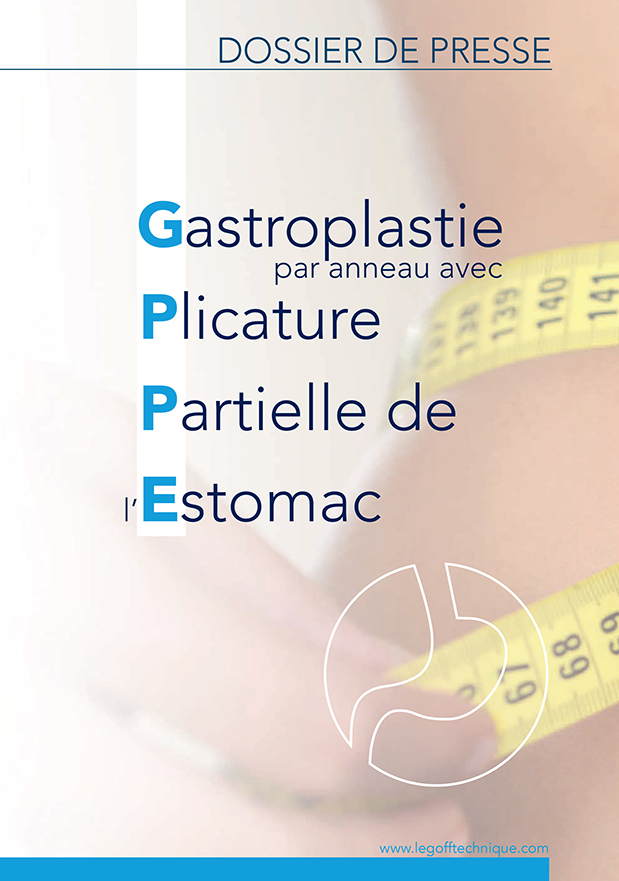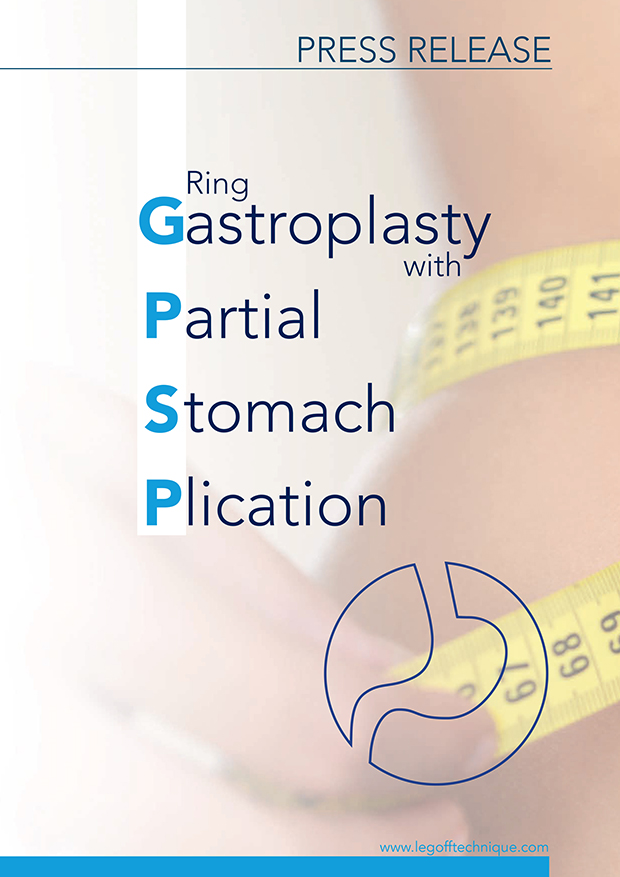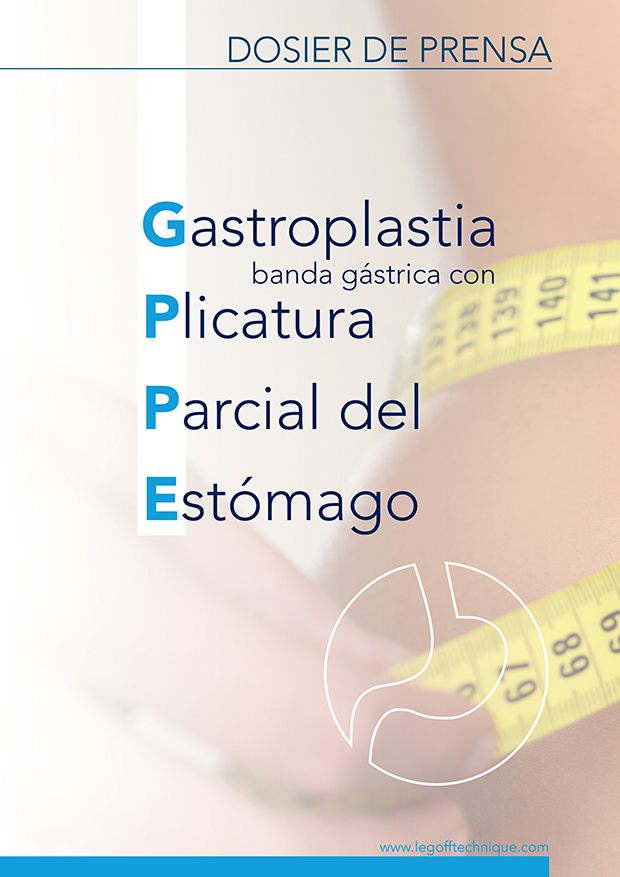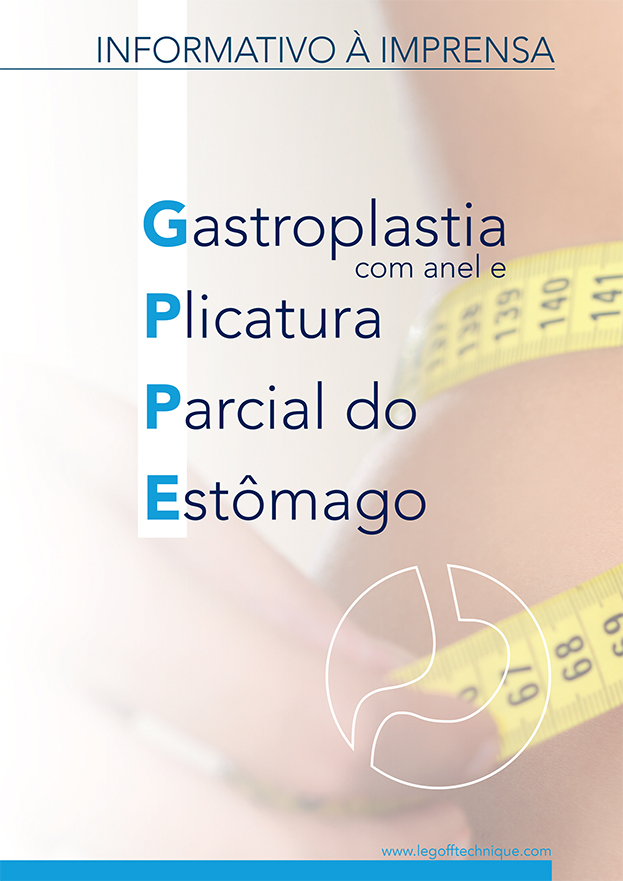Obesity surgery: the unknown health benefits
Dr. Le Goff - Obesity surgeon in Paris
le goff Technique
Obesity surgery: the unknown health benefits
When everything else has failed to treat severe morbid obesity (98% of cases), bariatric surgery is the last resort.
As such, bariatric surgery is life-saving and not purely aesthetic. While the primary goal is long-lasting excess weight loss, it will also have beneficial effects on the health in general, leading to a decrease or even disappearance of comorbidities, and ultimately for the patient, long life expectancy.
Obesity causes an increase in the body ass but also increases the risks of developing a whole range of chronic illnesses. Among these comorbidities are high blood pressure (four-fold risk), diabetes (8-fold risk), osteoarthritis (5-fold risk), depression (risk x 1.8), etc. Added to these are significant respiratory complications (sleep apnoea) that also reduce quality of life and life expectancy (through cardio-vascular complications). It has also been shown that excess weight and obesity are responsible for 3.6% of new cancers in adults (breast cancer, colon, rectum, oesophageal, pancreatic, uterus, prostate, liver, ovarian and blood cancers including leukaemia).
Furthermore, when cancer occurs, excess weight and obesity increase the mortality and the risk of recurrence, and even the risk of another cancer appearing.
The other benefits of surgery
I will not return here to the excess weight loss, which is now well documented. However, the other benefits of obesity surgery no longer need proof, although the various surgical procedures used are not the same and do not have the same effects. Nevertheless, some of them can be mentioned based on the first major reference study (Swedish Obesity Study) published in 2007.
Scientists found that seven years after bariatric surgery:
- an overall reduction of 40% to 85% in mortality (over 5 to 7 years) mainly due to a decrease in cardiovascular events and almost 50% in 15 years
- a resolution of 34% of cases of hypertension after two years (19% at 10 years)
- a resolution of 72% of type 2 diabetes cases after 2 years (and up to 85% after 10 years)
- a decrease, or even disappearance of sleep apnoea
- a regression of hepatic steatosis which can lead to cirrhosis.
- a reduction in joint pain and complications
Bariatric surgery thus considerably enhances the quality of life of obese patients. The mood is better, normal sexual activity is resumed and eating and digestive comfort is greatly improved. The social life is also enhanced and professional reintegration facilitated.
Nutritional deficiency monitoring
Patients who have undergone malabsorptive surgical procedures such as the sleeve or gastric bypass are susceptible to significant nutritional deficiencies. Vitamin and trace-element supplements are therefore prescribed systematically and adjusted according to regular nutritional check-ups. But this not enough, patients remain deficient, especially those who have undergone bypass surgery.
The Le Goff Technique, equivalent to (or better than) bypass surgery in terms of weight loss, consists of gastric band surgery with partial gastric plicature. These disadvantages do not occur as the stomach is preserved. The placing of the band is combined with folding the top part of the stomach over the band, fixing it solidly in place, and preventing any slippage. The band will reduce the volume of food intake but will not prevent the digestive work and secretions of the stomach essential for absorbing food.
Fewer complications, savings for social welfare
The other, non-negligible advantage of the Le Goff Technique is the considerable savings it generates for the social security.
While it is not rare for patients undergoing sleeve and bypass surgery to need up to six or seven repeat operations over their lifetime due to the numerous complications that may occur, I have rarely re-operated on patients who have had a gastric band using my technique. I even have patients who have never needed a single repeat operation in 20 years. This is up to April 2016.



